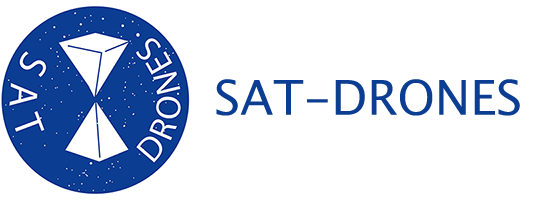Registrations of Drones
Federal Aviation Administration (FAA) rule: in order to fly in United States, a drone must be registered at FAA at a cost of 5 USD.
This rule was first applied by FAA in late 2015, then it was suppressed by the Court of Appeals for the District of Columbia that found the FAA rule violated the Section 336 of the FAA Modernization and Reform Act of 14 February 2012 for model aircraft. Afterwards, President Trump signed on 12 December 2017, the National Defense Authorization Act for Fiscal Year 2018, that brings back the legal requirement of the FAA registration for all drones between 0.55 lbs. and 55 lbs. that wants to fly in the United States. The registration is located at https://faadronezone.faa.gov/#/ for recreational, commercial, governmental or drones related to other purposes. This registration is valid for a period of 3 years. It regards most of the drones and if a person has multiple drones, the registration is attached to the registration of the Remote Pilot. It means that it is needed one registration for one pilot, who may own multiple drones, or Unmanned Automatic Systems (UASs).
You need the same location to apply for a waiver/authorization, or reporting an accident under Part 107.
If you fly a small unmanned aircraft under Section 336 with an aero-modeling club, you have to follow a different route and registration that is indicated in the web site. Once you have the FAA registration card with your identity and the one of the drone spelled out, you may mark the label on the drone, or you may print it out and put it in the battery comportment. It is an individual preference. However, some drone manufacturers say that drones should transmit identifier for security reason.
In Europe, the registration of the drones (20-25 kg), is undergoing the process of approval by the European Aviation Safety Agency (EASA). The European Community will have a set of regulations by the end of 2018. Right Now, the Remote Piloted Aircraft (RPA) with a drone of a mass of 150 kg or less for civilian use is not regulated centrally by the European Community, although each EU member States regulates these aircrafts, independently and differently.
From 2015, in Chile, drone operators are required to obtain a license and to register their drones with the civil aviation authority Dirección General de Aeronáutica Civil de Chile (DGAC).
